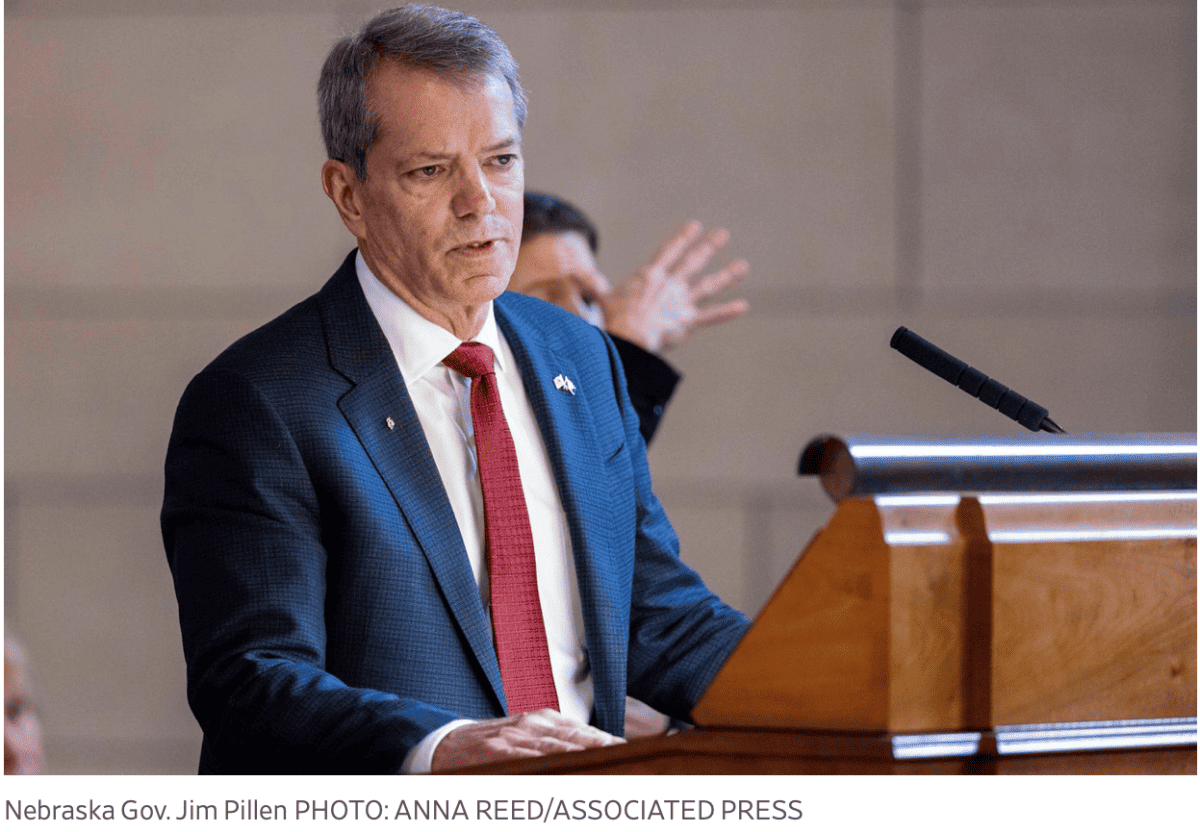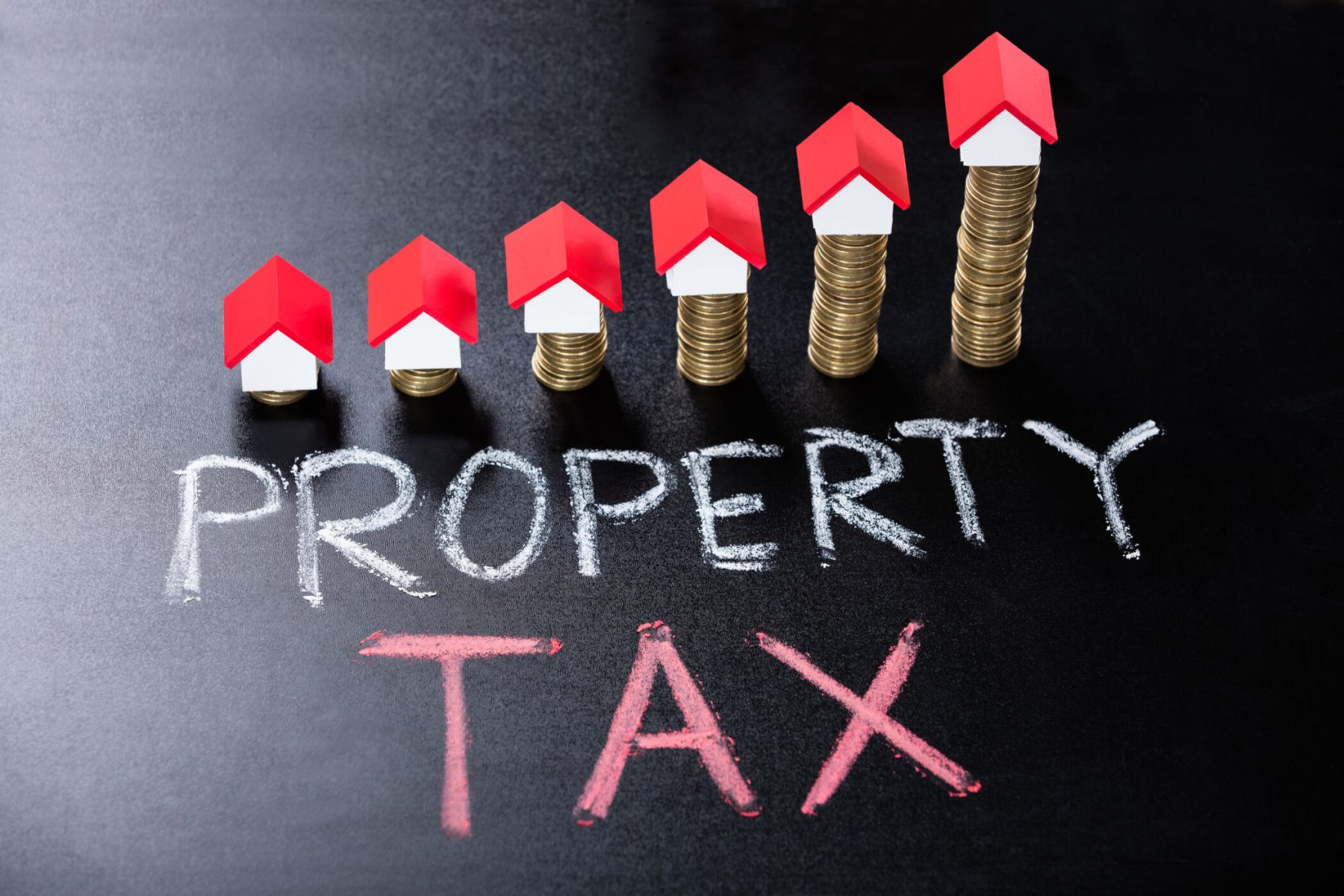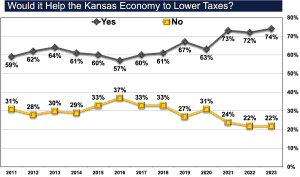The tax motto in Kansas — ‘we aren’t as bad as Nebraska’ — no longer applies now that Nebraska Governor Jim Pillen has signed sweeping tax reform legislation. Legislative Bills 243, 583, and 754 provide cuts in individual and business rates, full tax exemption of Social Security benefits, as well as increasing credits for property taxes and child care expenses.
Among the provisions of the six-year, $6.4 billion package:
- Individual rates of 6.64% and 5.01% are reduced to a single rate of 3.99% by 2027
- Corporate rates, now at 7.25%, will also be reduced to 3.99% by 2027
- $1.76 billion in property tax relief
- Up to $15 million yearly in refundable income tax credits for childcare expenses
The exemption of Social Security benefits was moved ahead one year and will take effect in 2024 instead of 2025.
Also signed into law was a measure reforming the state aid to education formula, providing a baseline of $1,500 per student throughout the Cornhusker State while capping property tax increase requests by school districts at 3% annually.
Nebraska’s legislature is unique in the country. It is unicameral, with only one legislative body, a 49-member state senate. Senators are term-limited to two consecutive four-year terms, although they can serve additional terms under those conditions.
The state currently has a budget surplus of about $1.5 billion.
Gov. Pillen, elected in 2022, hailed the reform package:
“These two bills, LB243 and LB754, bring transformational tax reform for Nebraskans and provide billions in property, business, and income tax relief for Nebraska businesses, farmers, ranchers, and taxpayers. For far too long, Nebraska has been a high tax state. From the river to Harrison, Nebraska taxpayers have had to deal with skyrocketing property taxes and unfair income and business taxes. Today’s tax package puts Nebraska back on track to become competitive nationally.”

The Wall Street Journal also praised the tax cuts in an editorial:
“More than half of all states have reduced their income-tax rates since 2021, as employment growth and consumer spending have helped tax collections soar. Fewer states have cut corporate rates. In slashing its tax on businesses, Nebraska will leapfrog its neighbors to boast the lowest rate in the region after zero-tax South Dakota and Wyoming.”
Kansas, with a budget surplus next year twice as large as Nebraska’s, failed to deliver tax reform to its taxpayers this year.
Alan Cobb, President and CEO of the Kansas Chamber of Commerce, urges Governor Laura Kelly and the legislature to follow Nebraska’s example:
“Kansas continues to fall further behind as the governor refuses to accept reasonable tax cuts that would put our state in a more competitive position. We cannot continue to solely rely on incentives to attract new investment to the state. Kansas must do what it can to make the state’s business environment more competitive for those who already are invested in their communities so they can grow and prosper.”




